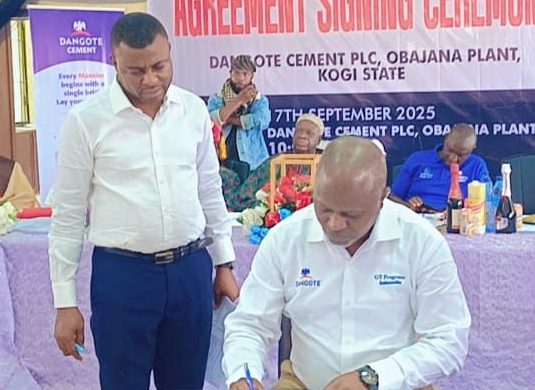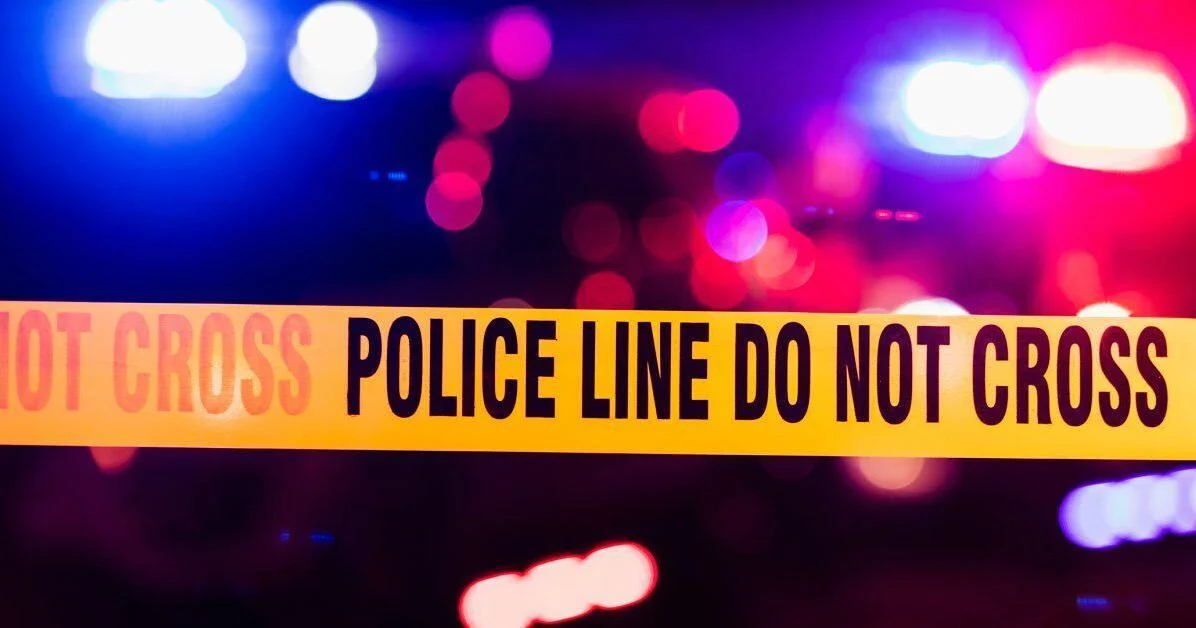
Following an executive order from Gov. Greg Abbott earlier this month regarding the sale of THC to minors, new emergency rules were passed Tuesday, effective immediately.
The rules, issued by the Texas Alcoholic Beverage Commission, prevent hemp consumables from being sold to those younger than 21.
Emergency THC rules
What’s new:
The adoption of the emergency rules was announced shortly before they went into effect Tuesday. While the TABC says enforcement will not begin until Oct. 1, the rules are still effective as law as of passage.
The first rule adopted prohibits sales of consumable hemp products to minors. The second mandates age verification for selling the products as a whole.
The reasons given for adopting the rules are to prevent minors from accessing and using the products, which they say have negative impacts on young brains; to prevent overall negative impacts on “general welfare and public safety”; and to comply with Abbott’s order.
Violations of the emergency rules will result in cancellation of the seller’s TABC permit or license, the announcement says.
Featured
What they’re saying:
The announcement from TABC included numerous excerpts from testimony and research on THC use among minors.
-“THC use, particularly among youth, is associated with an increased risk of psychosis, suicide attempts, and self-harm, with risks heightened in individuals with co-occurring mental health conditions such as depression,” said Lindy McGee, MD, in testimony on behalf of the Texas Medical Association and Texas Pediatric Society, before the Senate State Affairs Committee.
Further quotes in the announcement cite the CDC and scientific publications, noting the medical dangers of beginning chronic use of cannabis at a young age. These selections assert that such usage is linked to mental health disorders, developmental issues, and societal dysfunction.
Abbott signs THC executive order
The backstory:
Abbott signed the order leading to the new rules on Sept. 10. The order mandates the following:
Preventing sales to minors now making it a crime to sell hemp-derived products to them.
Sales near schools, churches and other sensitive locations are not allowed under the executive order.
Stores are not allowed to operate within 1,000 feet of those facilities.
Enhanced testing and increased fees include ongoing monitoring for manufacturers, distributors and retailers.
The State Health Department is to team up with Texas Alcoholic Beverage Commission on regulations.
Stores who fail to comply could risk losing their licenses.
Related
The order came after a session-long attempt to ban the products outright. Alongside his order, Abbott justified his failure to sign the first bill passed by the legislature.
“There’s one thing everybody agreed with, and that is we should ban it for kids. We tried to get that ban passed, and because it didn’t pass, I wanted to use this opportunity to make sure that I empowered the state department of health services to do what is already within their regulatory power,” said Governor Greg Abbott.
Failed Texas THC ban
Big picture view:
The first attempt to ban THC ended with a veto from Abbott.
SB 3 was championed by Lt. Gov. Dan Patrick, who presides over the Senate, and who led a passionate campaign against the products.
Patrick, who is quoted as calling THC products “poison,” and who delivered numerous fiery press conferences decrying the companies he claimed targeted the products towards the youth, said the following about the veto:
“The governor’s executive order, intentionally or not, has sent a signal to the THC industry that they have a state seal of approval on the current THC market. The governor has stated he does not want to legalize marijuana in Texas, but testimony from law enforcement and others say that is exactly what will happen.”
Related
While lawmakers could not agree on a total ban, they did pass a new law that prohibits the sale of THC vapes and disposable vapes from China.
What is THC?
Dig deeper:
THC is an acronym for tetrahydrocannabinol, which is the active chemical compound in cannabis.
The compound produces a “high” when smoked, ingested, or otherwise consumed. Cannabis itself contains delta-9 THC in a high enough concentration to produce these effects, but hemp, which was legalized in the 2018 U.S. Farm Bill, does not.
Hemp does, however, contain a wide range of CBD (a non-psychoactive compound commonly used for mild therapeutic benefits) and psychoactive THC derivatives in negligible amounts. The THC derivatives, like delta-8 and THC-A, can be extracted from legal hemp and concentrated into effective volumes.
These compounds, which are not technically “true” THC and therefore skirt the “below 0.3 percent” rule, have created a booming industry of legal products that allow residents in Texas and other states with marijuana bans to get the desired effects of cannabis without risking criminal charges.
Critics of THC derivatives regard the industry as a dangerous, unregulated result of a carelessly created legal loophole; proponents of the products point to veterans and others who suffer from PTSD and comparable afflictions who use the products for their medical benefits.



